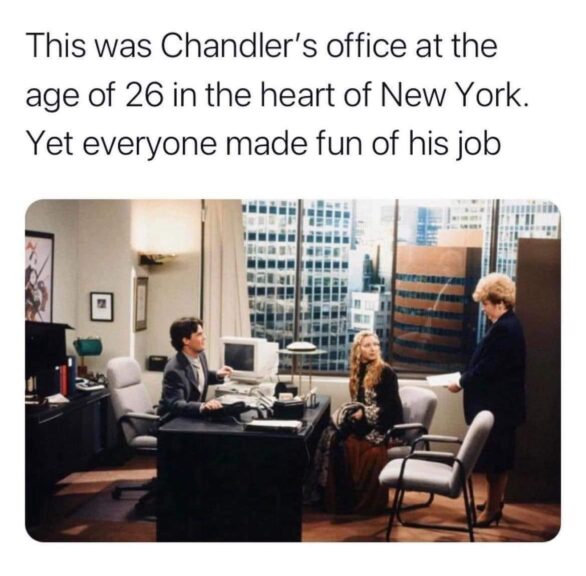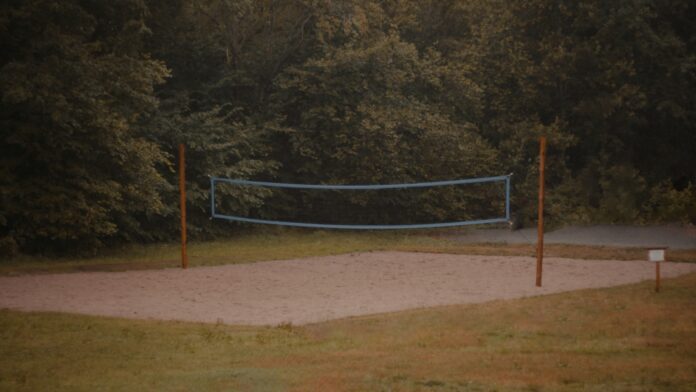Most of the Xennials’ culture has vanished — but not all of it.
The micro-generation born between the years 1977 – 1983 has been labelled The Oregon Trail Generation, named after the seminal video game. Other names include The Xennials, The Carter Babies, Generation Y, and Generation Catalano. We grew up with one foot in the analogue world and the other in the digital.
One day, the Xennials will be “the last generation that remembers and lived a life before the Internet.”
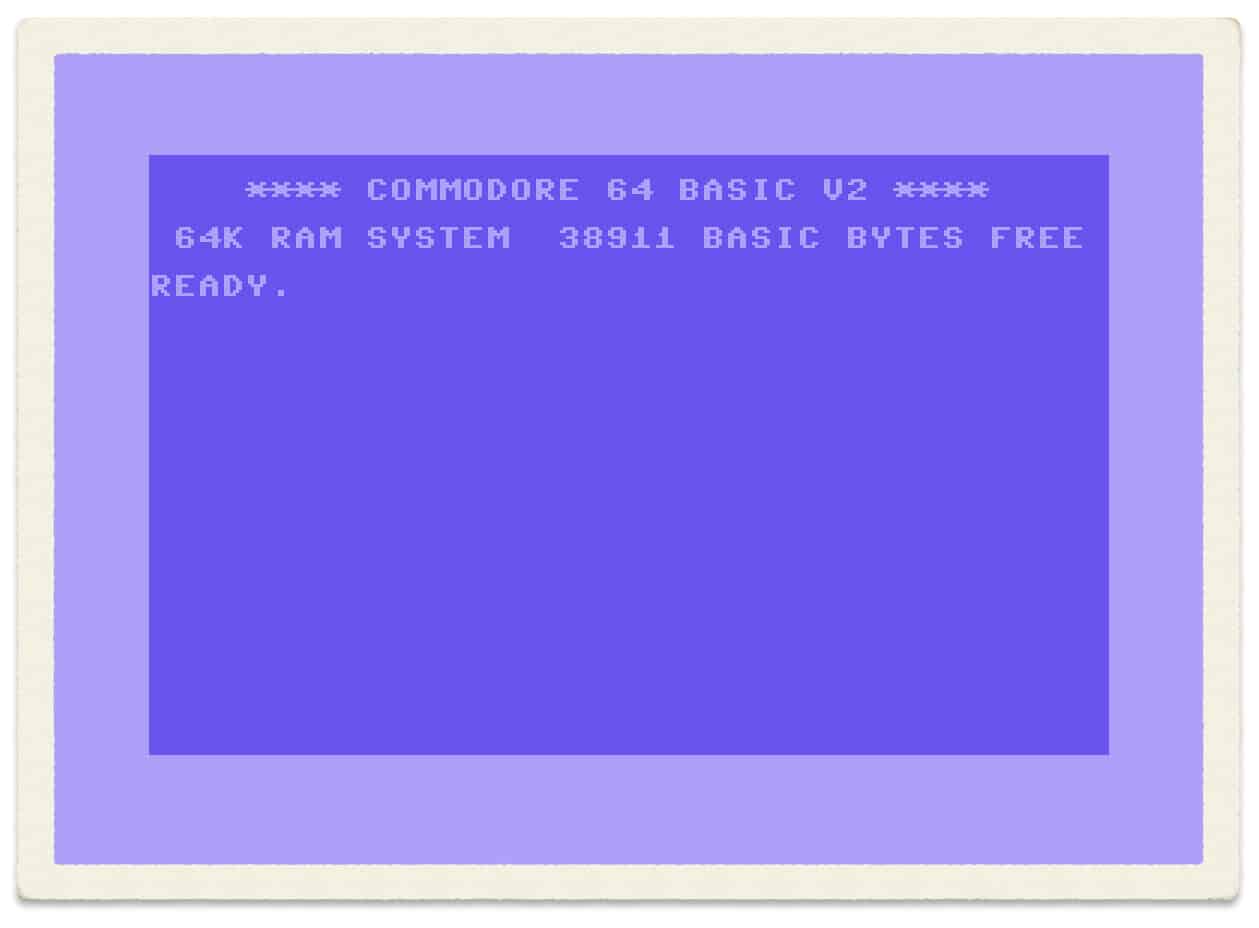
I was born in 1979 in Sweden. In 1987, at 7 – 8 years old, I gathered my savings and bought a computer, the now-legendary Commodore 64. Growing up meant playing not only Commodore 64 but also Atari, Amiga, Sega, and Nintendo with friends.
And yes, I played Oregon Trail and many other games like it.
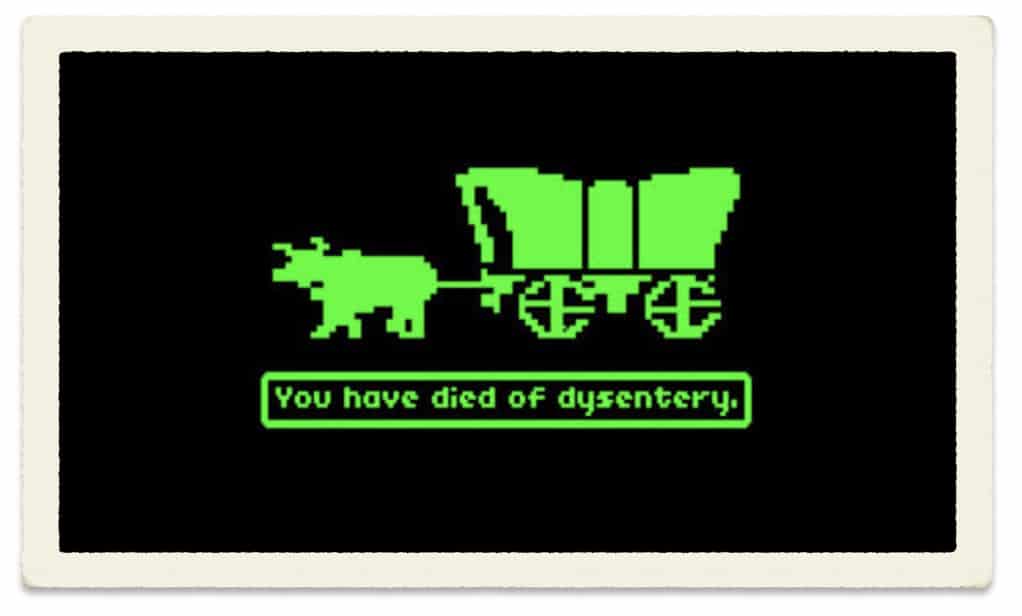
As 90s teenagers, The Xennials, The Oregon Trail Generation, grew up watching My So-Called Life, Beverly Hills 90210, Melrose Place, and Friends. We listened to Nirvana, Guns N’ Roses — and that particular brand of artsy but upbeat pop that the 90s had to offer. We were socially conscious but not rebellious. We suffered normal levels of teenage angst and were all identity-seekers with no common goal to unite around.
But all of that is in the past. And we have since moved on.
Today, we find ourselves amidst a hyperbolic culture war, where both extremes gravitate towards oddities like identity politics, semi-organised online bullying, and cancel culture. I’m afraid I must disagree with either side of this war or any point along the diagonal between them.
It begs me, “What’s my culture — and where did it go?”
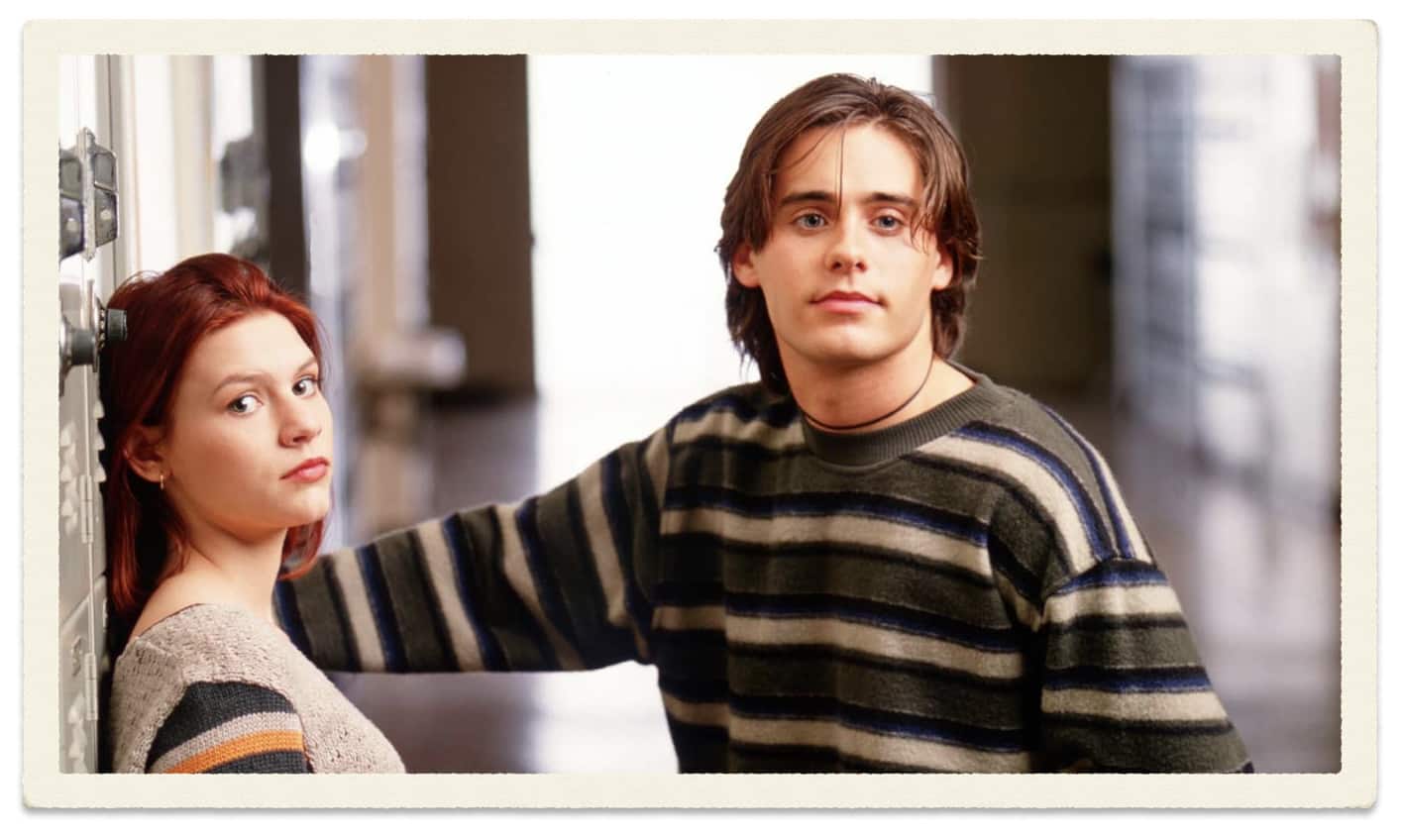
Here’s my hypothesis: Xennials, as a generational cohort, struggle to navigate the culture wars. We cannot come to terms with today’s zeitgeist. We want to — but it eludes us.
When exactly, we ask ourselves while scratching our Xennial heads in bewilderment, did the villains become the heroes?
To us, it’s simple: We know we’re not special. In Tyler Durden’s words, “You’re not your job. You’re not how much money you have in the bank. You’re not the car you drive. You’re not the contents of your wallet. You’re not your fucking khakis. You’re the all-singing, all-dancing crap of the world.”
We all have personal struggles, but no one gets a free “douchebag pass.” Sure, Xander had a rough go growing up, and he also wasn’t chosen to be a vampire killer like Buffy or bestowed with magical powers like Willow, but he opted to be a good friend.
People sometimes disagree and fight, but bullish and selfish behaviour is a symptom of personal trauma. If today’s political climate were an episode of My So-Called Life or Beverly Hills 90210, both sides would eventually have to deal with their emotional baggage.
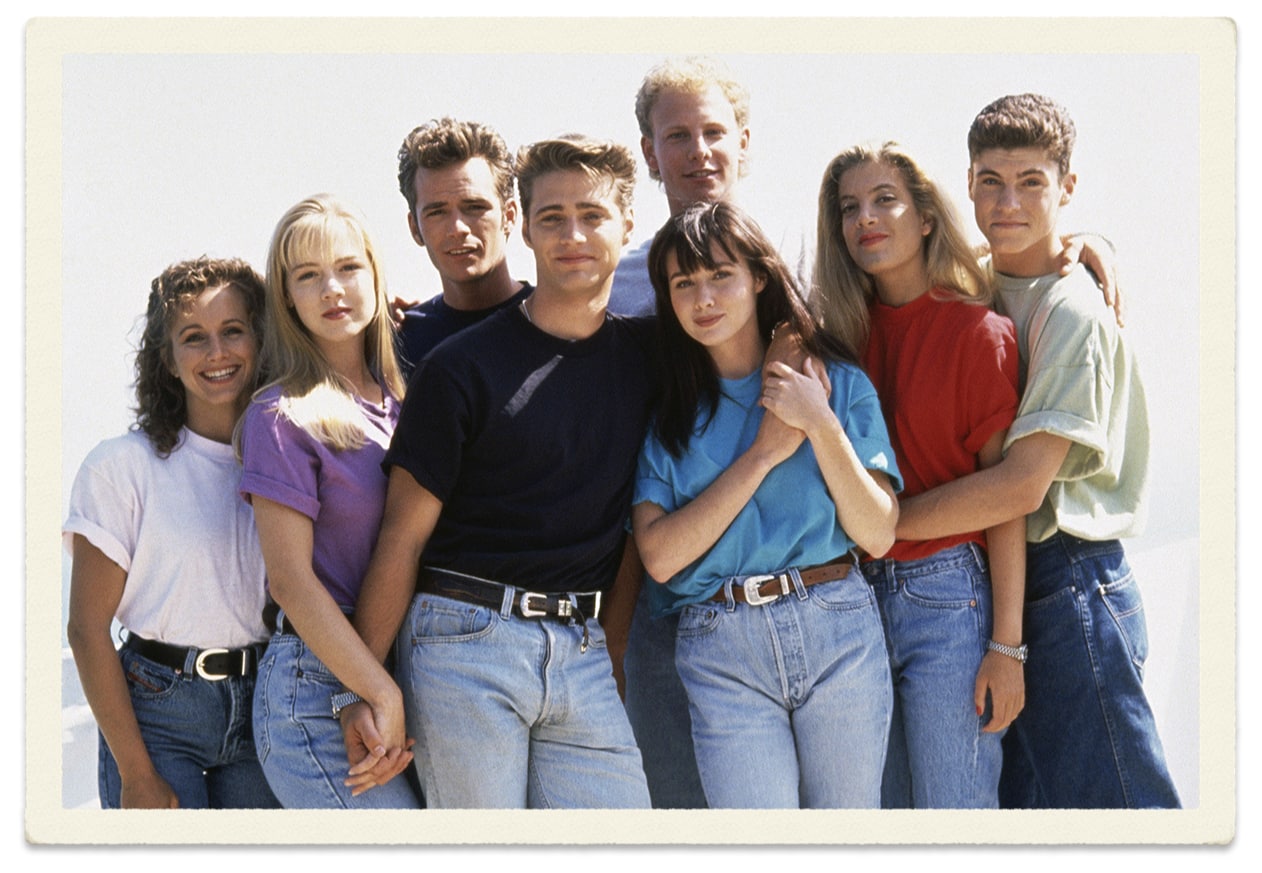
Some conversations are uncomfortable, but that means that they must be had. And then we need to move the fuck on. Hate will only fester and transform its bearers into those dark creatures of the Upside Down in Stranger Things.
Still, I don’t think our sense of being out-of-sync has anything to do with the current state of public affairs. As a small and unassuming generation between Generation X and the Millennials, I guess we somehow forgot to protect our values:
Honesty. Vulnerability. Tolerance. Acceptance. Support.
Instead, the Xennials have been conditioned to bridge back and forth between two large cohorts. Like a generational middle child, we’ve made our beds as we go — losing much of our cultural identity.
Generation X promote self-righteousness and cynicism, while Millennials gravitate toward emotional safety and entitlement. So, when Generation X accuses Millennials of being entitled and uncool, we chime in. And we chime in when Millennials accuse Generation X of fucking up the planet and being laggards.
If we, a quiet micro-generation, have preserved any distinctions or hallmarks, what are they?
Do we even have any cultural features left?
While most of what used to be our culture has vanished, I think that one characteristic remains: Xennials still frown upon douchebaggery, that type of megalomania that seems so prominent in today’s me-culture.
Read also: The Selfie Generation — An Epidemic of Online Narcissism
I can’t imagine them as potential friends when meeting people who brag about their heritage, status, careers, achievements, hardships, special interests, persuasions, or talents. Like, “Ross, spare us that lecture on palaeontology, please.”
Your qualities are defined not by how you self-identify but by how you behave towards your friends. Anyone is welcome to stop by and hang out; just don’t put on airs.
Case in point: My wife was born in 1982, and we share these micro-cultural preferences. Whenever we have a couple of hours to spare, we hang out. It’s like an episode of Friends where our living room is our Central Perk. I could never see myself living with someone who doesn’t put being a good friend first.
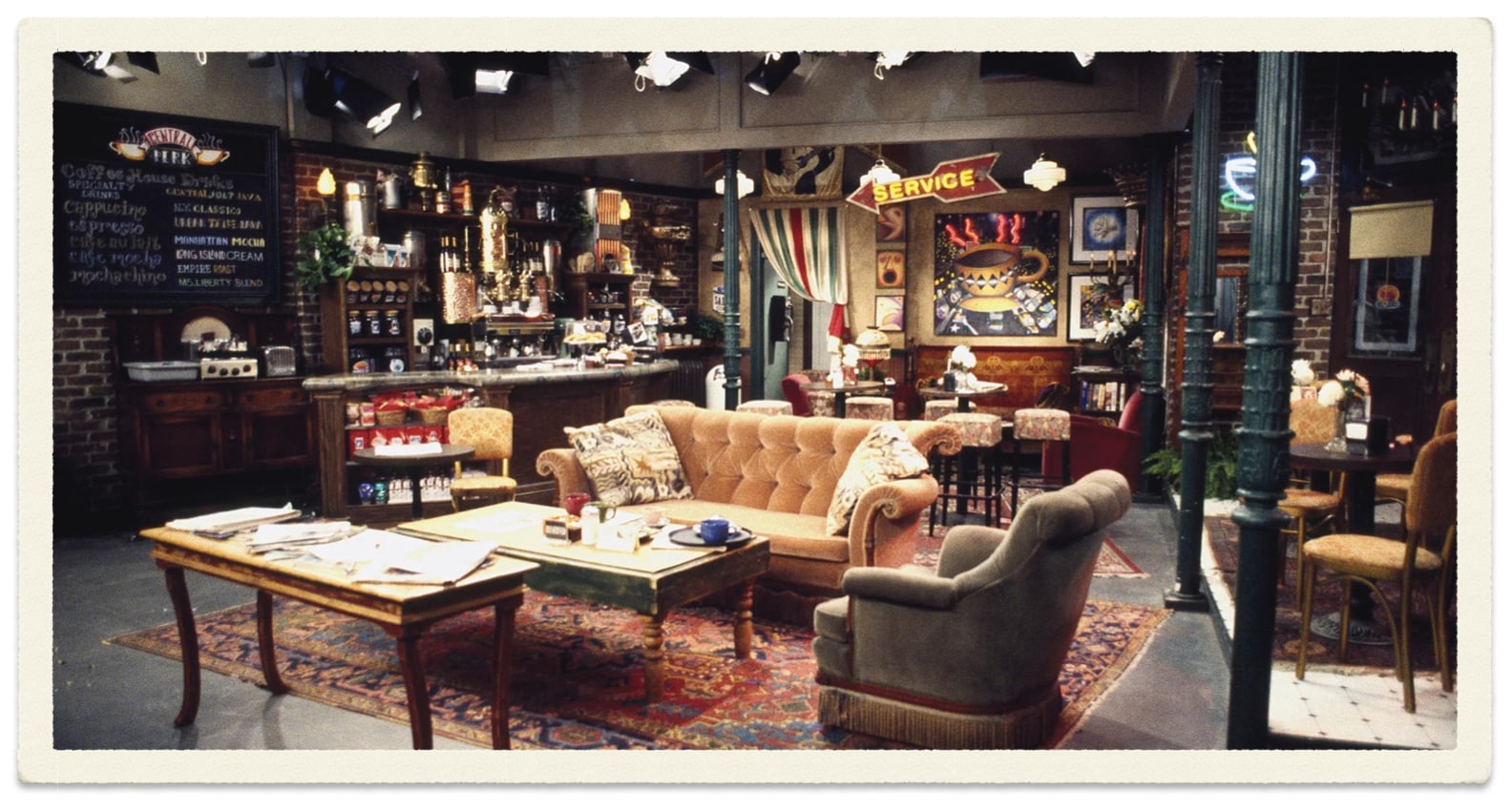
I think that the Xennial generation still shares this deeply rooted anti-douchebaggery preference. If you want to play rich on Instagram or brag about your hipster hobbies, I’m sorry: you’re an asshole.
Ultimately, at least to us, your character is a choice.
And — it’s the only choice that truly matters.
If nothing else, moral character choices were the central theme of our pop-cultural upbringing; it’s that mandatory socially-conscious episode of every weekly television drama or sitcom for an entire teenage decade. We want to hang out, be nice, and play video games with friends.
Do you want to be a social justice warrior to show the world how pure you are? Do you want to wield the conservative axe in the fight against liberal snowflakes? Do you think your emotional baggage makes you more “special” than others? Maybe you have many social media followers; perhaps your car is nice?
That’s fine; you do you.
But if you want to get in with the Xennials, don’t forget what it means to be a friend. Check your ego bullshit at the door, and come lounge with us. We have sofas and tea.

THANKS FOR READING.
Need PR help? Hire me here.

